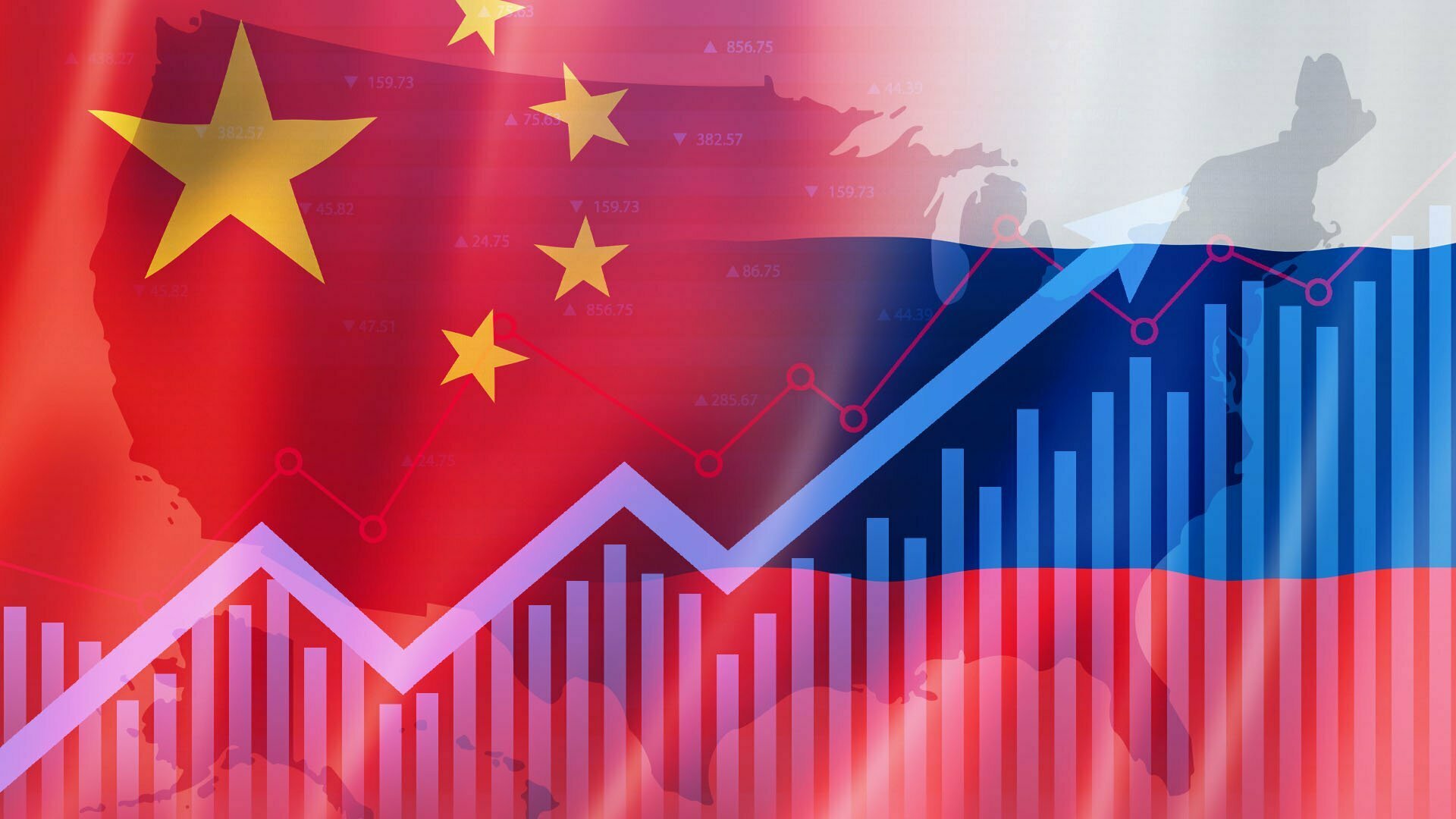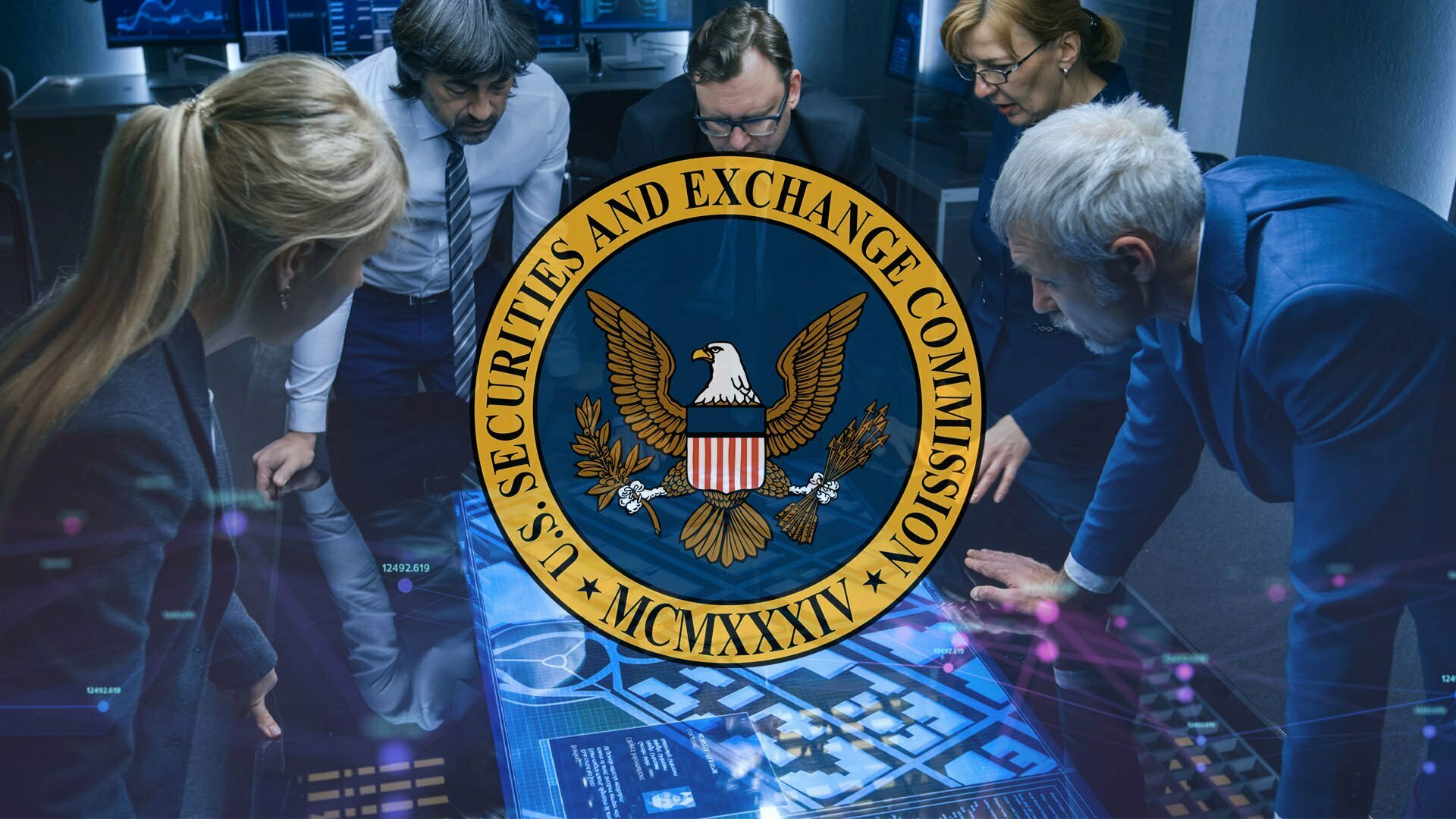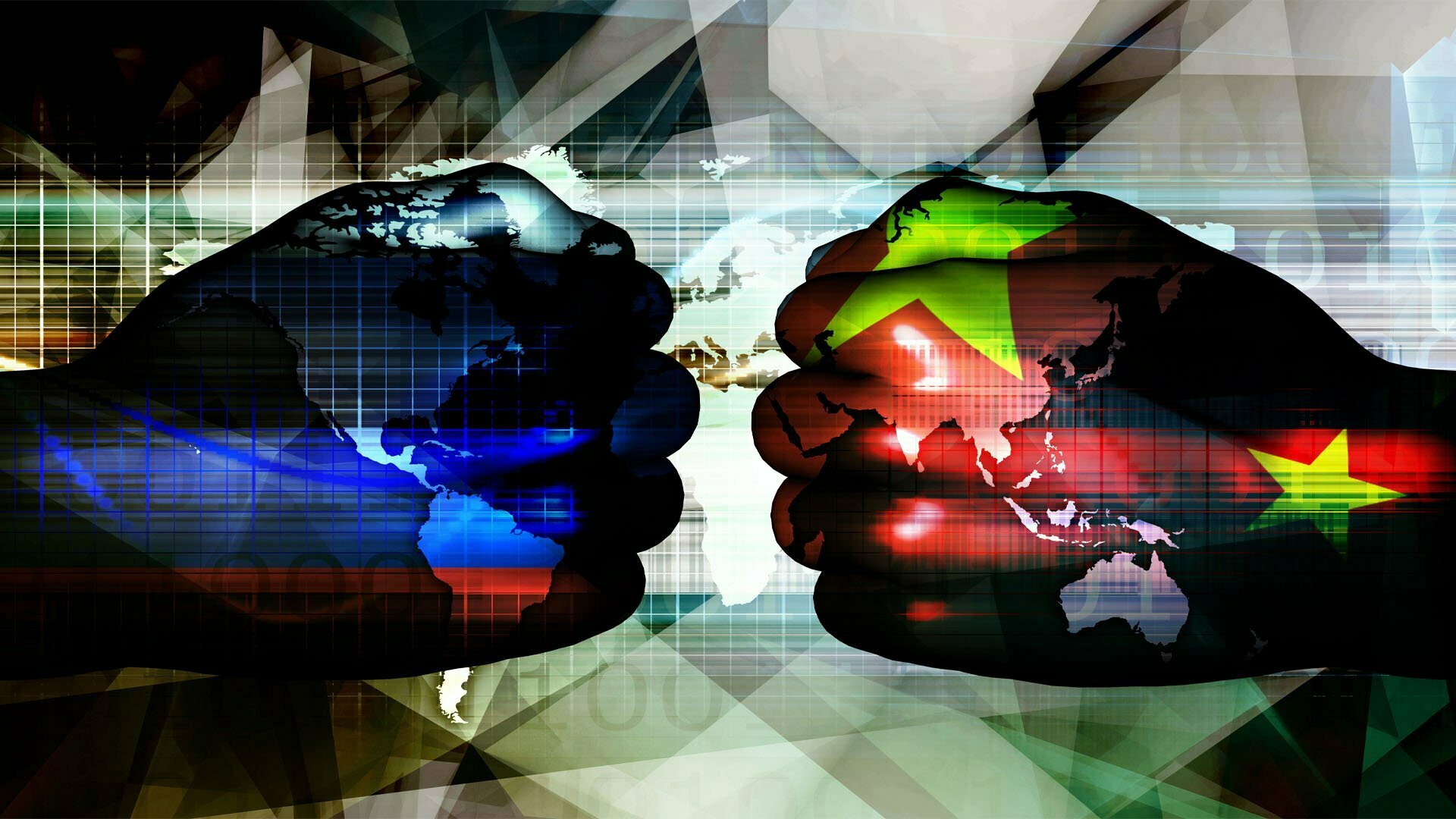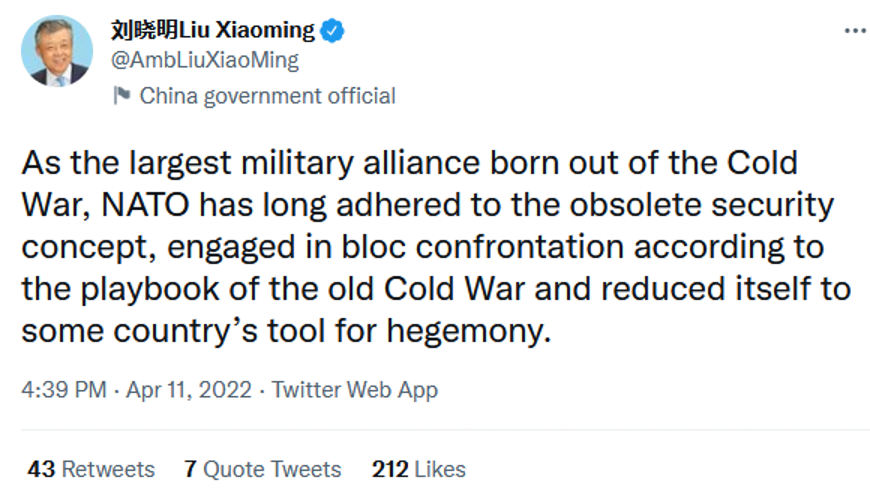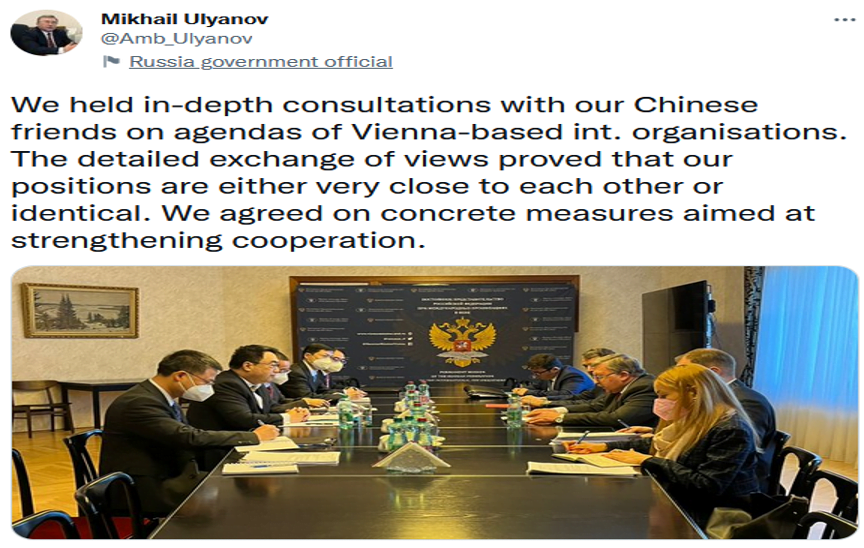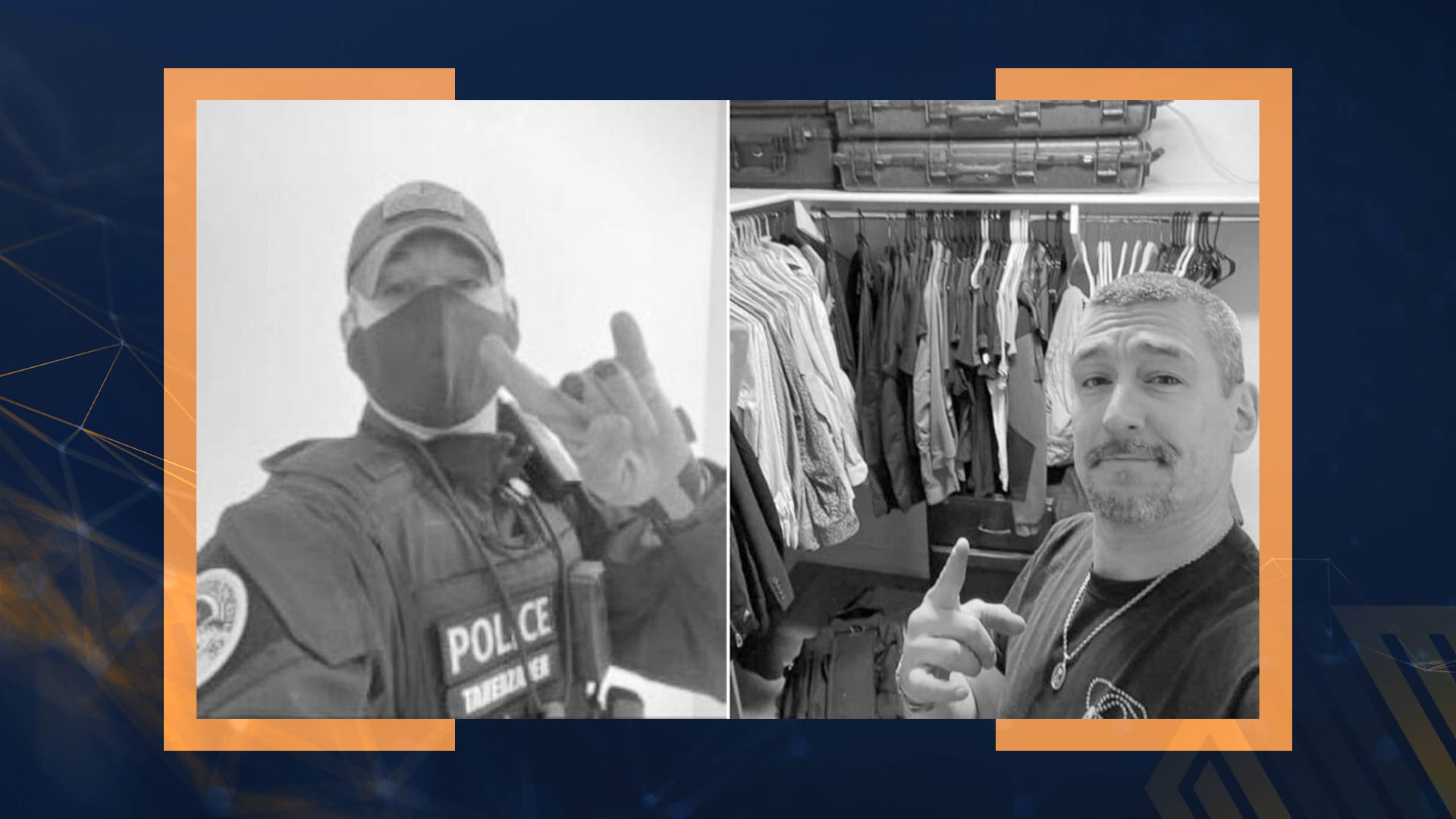
On February 17, 2022, French President Emmanuel Macron announced the withdrawal of French forces from Mali, a country in West Africa rife with terrorist activity. Previously, the French military had a leading role in counterterrorism efforts in West and North Central Africa, which has seen a surge in support from Al-Qaeda branches and ISIS affiliates. France instead moved its efforts to Niger — another hotbed for jihadists — where four U.S. members of a U.S. special operations team were killed in an ISIS ambush in 2017.
While ISIS has no territory in Syria and Iraq since the success of Operation Inherent Resolve, its affiliates — ISIS in the Greater Sahara and ISIS in West Africa — have increased terrorist attacks in the region. According to Flashpoint Intel, Nigeria and West Africa have the most ISIS activity globally. “Although the degree to which ISIS controls its local affiliates remains a subject of some debate, Nigeria (and West Africa more broadly) is now arguably the most active hub for ISIS military operations worldwide, accounting for 41 percent of claimed attacks around the globe.”
As extremist activity in West and North Central Africa increases, the U.S. is combating the issue by providing training to some African forces. However, with coups in Mali, Burkina Faso, Chad, Guinea, and Sudan, instability makes it more challenging to work with new governments against terrorism in the last year. Additionally, the Russian military contractor, Wagner Group, is currently working with the Malian government.
For this brief, we analyzed the deteriorating situation in West and North Central Africa, ISIS, and Al Qaeda activity in the region, and how less of a western presence in the area could result in a potential haven for terrorists.
The Situation in West and North Central Africa
The Sahel, a region made up of Burkina Faso, Cameroon, the Gambia, Guinea, Mauritania, Mali, Niger, Nigeria, and Senegal, faces a mounting hunger crisis. According to a February 14, 2022, report from Action Against Hunger, hunger threatens 27-35 million people in the region. However, analysts note that Action Against Hunger’s report was released before the Russian invasion of Ukraine, which has resulted in food prices rising globally.
Per the Global Terrorism Index, Burkina Faso has the fourth-highest level of terrorist activity in the world, surpassing even Syria.

In addition, Nigeria, Mali, and Niger rank in the top ten countries for terrorism.
Terror Attacks in April
From April 3, 2022 – to May 1, 2022, there were several terrorist attacks in the Sahel. The unidentified groups are part of Al Qaeda or ISIS. We refer to them as unknown groups because we could not determine which terrorist organization the attackers support.
On April 3, 2022, an unidentified armed group attacked the gold mine in Burkina Faso, killing 20.
On April 8, 2022, an unidentified armed group attacked a military base in Burkina Faso, killing 16.
On April 13, 2022, five soldiers were killed by an unidentified armed group in Benin.
On April 21, 2022, ISIS in West Africa claimed responsibility for a bombing that killed 30 people in Taraba State, Nigeria.
On April 21, 2022, ISIS in West Africa attacked the Nigerian village of Kornari but was repelled by the Nigerian Armed Forces.
On April 22, 2022, ISIS in West Africa claimed responsibility for a second bombing of a bar in the Nukkai area of Jalingo, Nigeria. Around a dozen people were reportedly injured.
On April 23, 2022, ISIS claimed an attack that took the lives of three police officers in Kogi, Nigeria.
On April 24, 2022, an unidentified terrorist group or groups simultaneously attacked three military bases in Mali. The attack reportedly killed six and injured twenty.
On April 26, 2022, at least one police officer was killed in an attack by an unidentified armed group in North Benin.
In an April issue of al-Naba, which is ISIS’ weekly magazine, the group called for more jihad in Central and West Africa.

Photo Credit: Michael Barak
Additionally, with the approach of Eid al-Fitr, a religious holiday celebrating the end of Ramadan on May 1, 2022, there will likely be a heightened risk for attacks throughout the region.
U.S. Military Support in West and North Central Africa
Since 2005, U.S. Africa Command (AFRICOM) has hosted one of the largest special operations exercises called Flintlock; this exercise has included many countries in the Sahel. This year, Cote d’Ivoire hosted the training in February, which was “designed to strengthen the ability of key partner nations in the region to counter violent extremist organizations, collaborate across borders, and provide security for their people.” Cameroon and Niger participated in Flintlock this year, but Mali and Burkina Faso, both taken over in military coups, were not part of the exercises.
In April 2022, dozens of African military leaders met at Fort Benning in Georgia for the African Land Forces Summit. Burkina Faso, Guinea, Sudan, and Mali, all countries with recently overthrown governments, were absent from the event.
The U.S.’s most vital relationship in the Sahel is with Nigeria. The U.S. continues to provide security aid, and in April 2022, the U.S. approved the sale of 12 AH-1Z Attack Helicopters to the country.
Analysts could not determine any other security aid for other Sahel countries from the U.S. in April.
Wagner in Mali
In January 2022, AFRICOM Commander General Stephen J. Townsend confirmed that Wagner Group had deployed in Mali. On April 19, 2022, the first Russian “adviser” was reportedly killed by a roadside bomb while conducting operations in the town of Hombori, Mali.
Wagner’s presence has led to reported atrocities in Mali, as reported by The Independent. “The French military says it has videos of Russian mercenaries burying bodies near an army base in northern Mali, which it says is part of a smear campaign against the French who handed the base to Malian forces earlier this week.”
Mali is currently led by Colonel Assimi Goïta, who was trained by U.S., German, and French forces.
OUR ASSESSMENT
We assess that support for terrorism in West and North Central Africa will increase as groups like Al Qaeda and ISIS exploit high food prices, resource shortages, and government instability. While Nigeria has a more established military to conduct counterterrorism operations in the Sahel, countries like Burkina Faso, Mali, Niger, Guinea, and Cameroon lack that security infrastructure, which will make them more vulnerable targets to terrorists.
Further Russian influence in West and North Central Africa could compromise some U.S. partnerships with African countries. Burkina Faso could follow the same path as Mali and rely on the Wagner Group to support its new government, giving Russia more influence in the Sahel. With the Russia-Ukraine War, Wagner could send Malians to fight on behalf of the Russian state, as it has with Syrians and Libyans.
The less involvement the U.S. has in the Sahel, the more potential for the region to become a sanctuary for terrorist activity. While Al Qaeda and ISIS affiliates have not attacked U.S. soldiers in Niger since 2017, if they are successful in gaining territory, like they were in Syria in 2014, they may set up a government similar to the one that plotted and then attacked the U.S. and its allies.


